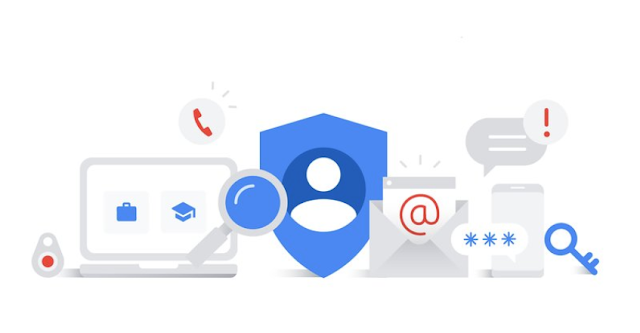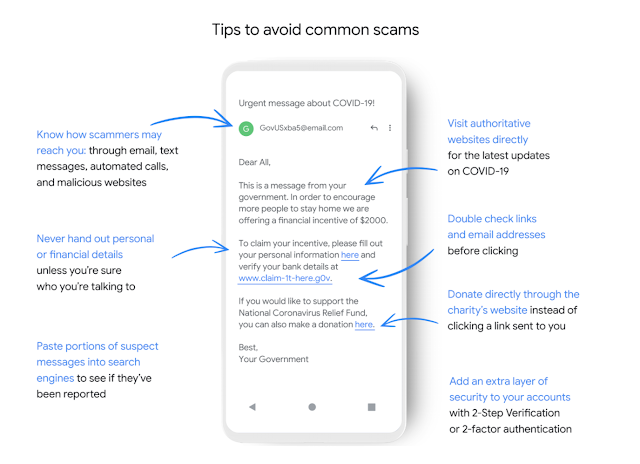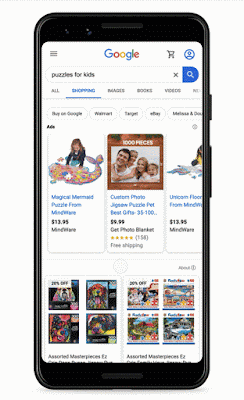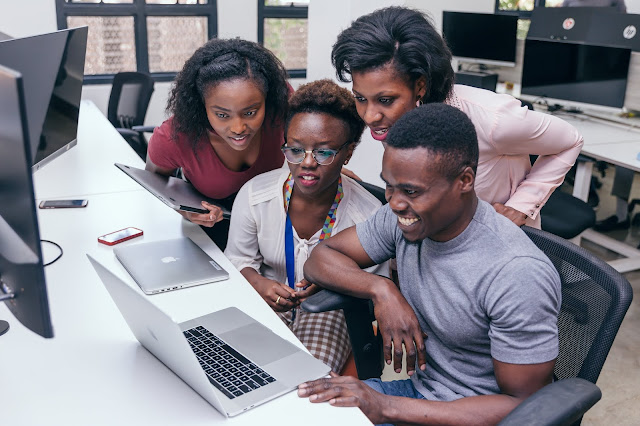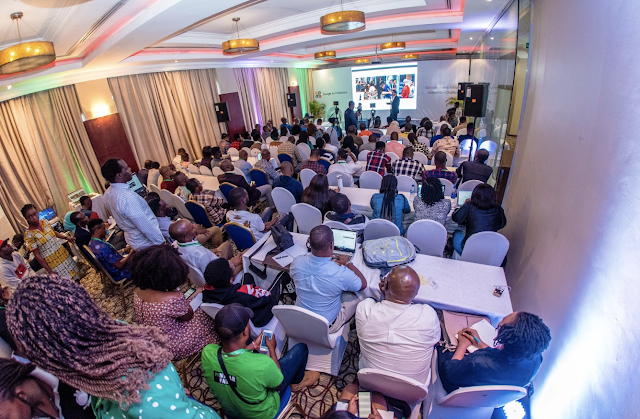At Google, we believe technology can help kids around the world learn how to read and can move us closer to the goal of basic universal literacy. Thanks to the hard work of app developers and nonprofits, we are uniquely positioned to give out-of-school children the opportunity to learn to read and write via smartphone apps. We’re proud to highlight some literacy apps in the Google Play Store that enable a fun and engaged approach to learning.
- Curious Learning, a nonprofit promoting access to effective literacy content, brings fun and localised language-learning to kids via their app, Feed the Monster. This educational game focuses on phonological awareness, letter recognition, vocabulary and more, and is available in more than 48 languages. By playing the game, kids learn the fundamentals of reading with the help of cute pet monsters that grow into new friends by feeding them letters.
- Ubongo is a social enterprise producing kids’ educational media for platforms, including apps, TV and radio programmes, in East Africa and beyond. They’ve created fun, locally-made cartoons, featuring characters like Akili, and teach children the basics of the alphabet through playful singing in their apps.
- Kukua is building a universe of immersive learning experience centered around child heroine Sema (@super_sema_). Spanning apps, books, TV series and more, Sema takes kids on a game-based learning adventure through magical African landscapes. Their apps are highly engaging and teach kids to recognise, distinguish and trace letters in a playful way.
- Bolo is an AI-enabled, speech-based reading app that encourages children to read aloud. Recently launched in 13 African countries, it will be available in more African countries later this year.
Over the next 2 to 3 weeks, we are running a literacy awareness campaign on the Google Play Store featured in 10 markets across Africa - Nigeria , Kenya , South Africa , Ghana , Tanzania , Uganda, Rwanda, Niger, DRC and Senegal. It will also be featured in 3 languages - English, French and Swahili. There are thousands of literacy apps on the Play Store and we hope this serves as an effective means for parents and other engaged adults to discover and introduce amazing content on the Play Store to children that need them.
How can you help? By driving awareness of these online learning and literacy apps in these critical times and sharing this post in your social networks, and with friends with young children.
Posted by: Judith Hoffmann, Google Play Merchandising Manager, and Cassandra Mensah-Abrampah, Android Platform Partnerships, Africa.
====
Présentation d’applications d’alphabétisation utiles et innovantes suite à la fermeture des écoles en raison du COVID-19
Chez Google, nous pensons que la technologie peut aider les enfants du monde entier à apprendre à lire et ainsi nous permettre de nous rapprocher de l’objectif d’une alphabétisation pour tous. Grâce aux efforts des développeurs et des organisations à but non lucratif, de par sa position, Google est en mesure d’offrir aux enfants non scolarisés la possibilité d’apprendre à lire et à écrire grâce aux applications sur smartphones. Nous sommes fiers d’annoncer la mise en service de plusieurs applications d’alphabétisation disponibles dans la boutique Google Play qui permettent une approche à la fois ludique et pédagogique de l’apprentissage.
- Curious Learning, association à but non lucratif qui promeut l’accès à des contenus de qualité, propose aux enfants un apprentissage ludique de leur langue via leur application, Feed the Monster. Ce jeu éducatif disponible dans plus de 48 langues met l’accent sur la perception des sons, la reconnaissance des lettres, le vocabulaire et bien plus encore. Grâce à ce jeu, les enfants apprennent les bases de la lecture avec l’aide de gentils monstres de compagnie qui deviennent de nouveaux amis en leur donnant des lettres.
- Ubongo est une entreprise sociale qui produit des médias éducatifs pour enfants accessibles via des plateformes, notamment des applications, des programmes de télévision et de radio, en Afrique de l’Est et d’autres régions. Cette entreprise a créé des dessins animés amusants, réalisés localement, mettant en scène des personnages comme Akili qui apprennent aux enfants les bases de l’alphabet au moyen de comptines ludiques accessibles via leurs applications.
- Kukua construit un univers d’apprentissage immersif centré sur Sema, la petite héroïne (@super_sema_). À travers des applications, des livres, des séries télévisées et d’autres supports, Sema emmène les enfants dans une aventure d’apprentissage par le jeu qui leur fera découvrir la magie des paysages africains. Grâce à leurs applications attrayantes, les enfants apprennent à reconnaître, à distinguer et à tracer les lettres de manière ludique.
- Issue de l’intelligence artificielle Bolo est une application de lecture basée sur la parole qui encourage les enfants à lire à voix haute. Récemment lancé dans 13 pays africains, celle-ci sera disponible dans d’autres pays du continent dans le courant de l’année.
Au cours des deux ou trois semaines qui viennent, nous mènerons une campagne de sensibilisation à l’alphabétisation sur la boutique Google Play, qui sera présentée sur dix marchés d’Afrique - Nigeria, Kenya, Afrique du Sud, Ghana, Tanzanie, Ouganda, Rwanda, Niger, RDC et Sénégal. Cette campagne sera diffusée en trois langues - anglais, français et swahili. Il existe des milliers d’applications d’alphabétisation disponibles sur Play Store et nous espérons que cela sera utile aux parents et aux adultes qui souhaitent découvrir et proposer des contenus de qualité aux enfants qui en ont besoin.
Comment pouvez-vous nous aider ? En ces temps de crise, vous pouvez faire connaître ces applications d’apprentissage et d’alphabétisation en ligne et partager ce post sur vos réseaux sociaux et auprès de vos amis qui ont de jeunes enfants.
Publié par : Judith Hoffmann, responsable du merchandising de Google Play, et Cassandra Mensah-Abrampah, Partenariats Plate-forme Android Platform, Afrique.
